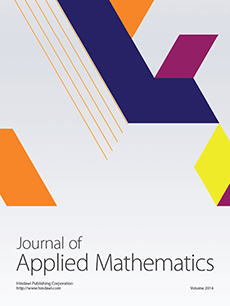Abstract
To accurately forecast energy consumption plays a vital part in rational energy planning formulation for a country. This study applies individual models (BP, GM (1, 1), triple exponential smoothing model, and polynomial trend extrapolation model) and combination forecasting models to predict China’s energy consumption. Since area correlation degree (ACD) can comprehensively evaluate both the correlation and fitting error of forecasting model, it is more effective to evaluate the performance of forecasting model. Firstly, the forecasting model’s performances rank in line with ACD. Then ACD is firstly proposed to choose individual models for combination and determine combination weight in this paper. Forecast results show that combination models usually have more accurate forecasting performance than individual models. The new method based on ACD shows its superiority in determining combination weights, compared with some other combination weight assignment methods such as: entropy weight method, reciprocal of mean absolute percentage error weight method, and optimal method of absolute percentage error minimization. By using combination forecasting model based on ACD, China’s energy consumption will be up to 5.7988 billion tons of standard coal in 2018.
Citation
Zhou Cheng. Chen XiYang. "Adaptive Combination Forecasting Model Based on Area Correlation Degree with Application to China’s Energy Consumption." J. Appl. Math. 2014 (SI07) 1 - 12, 2014. https://doi.org/10.1155/2014/845807
Information





